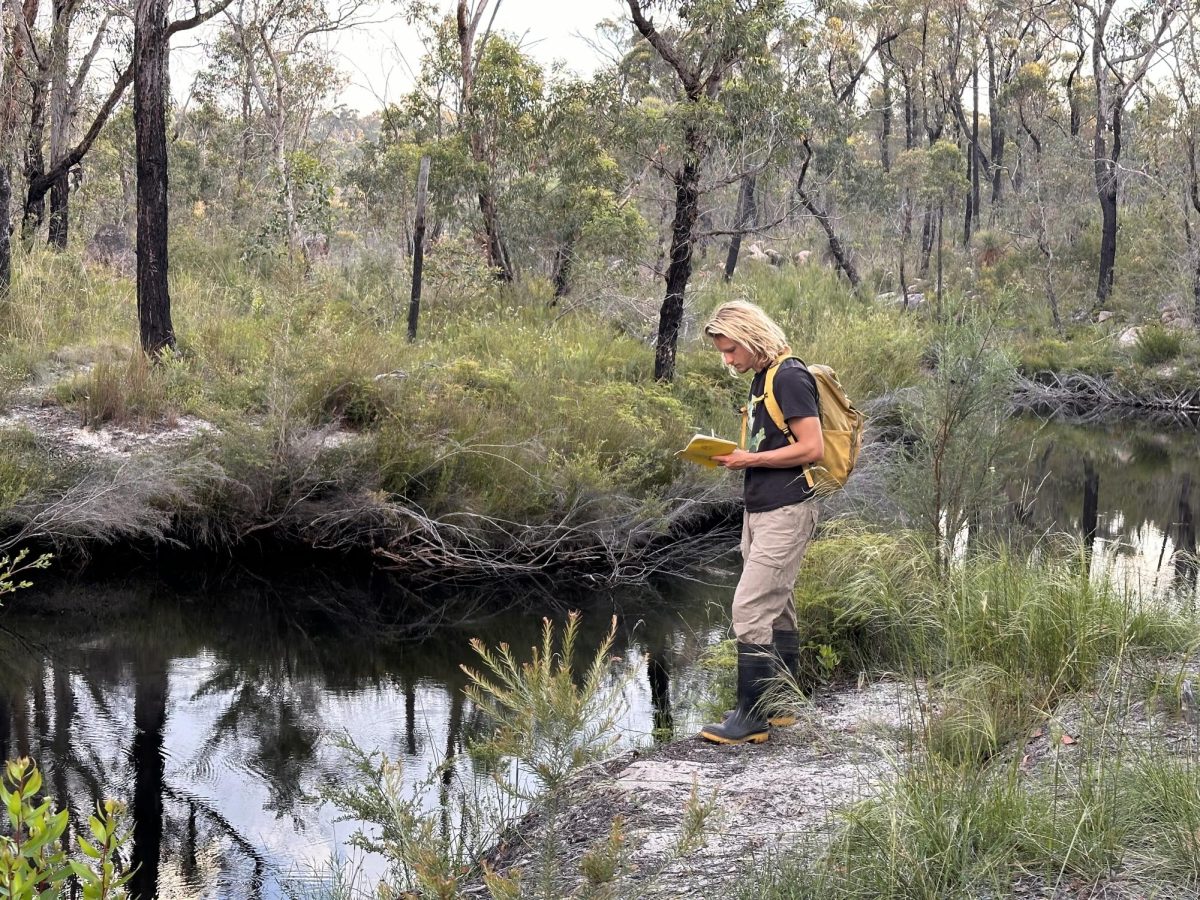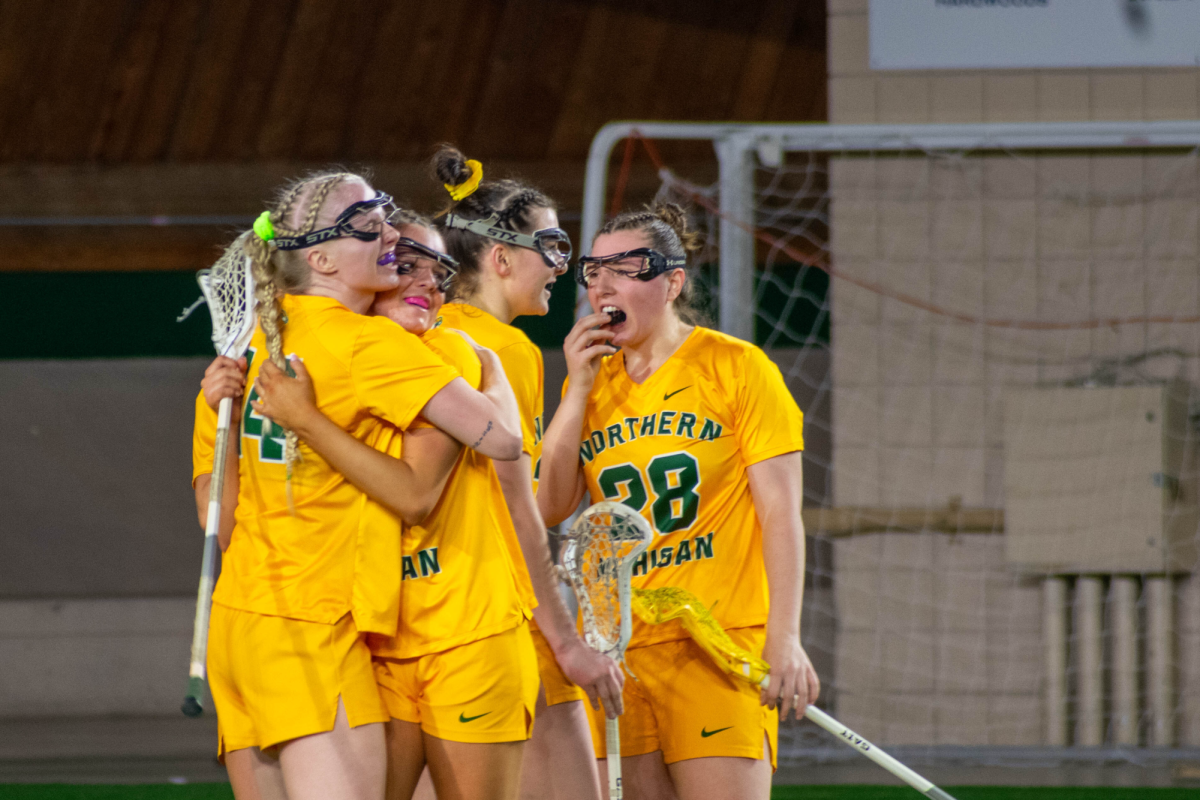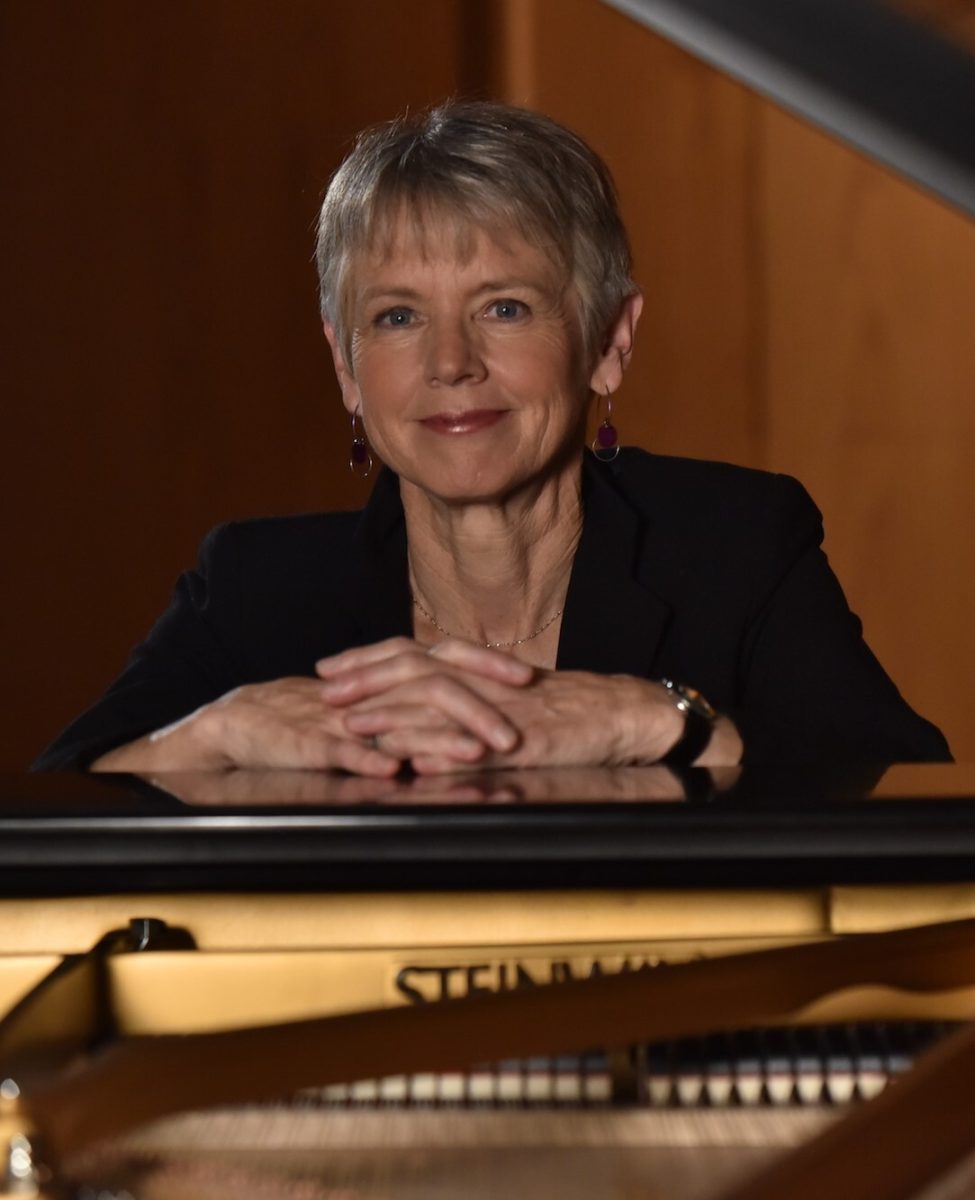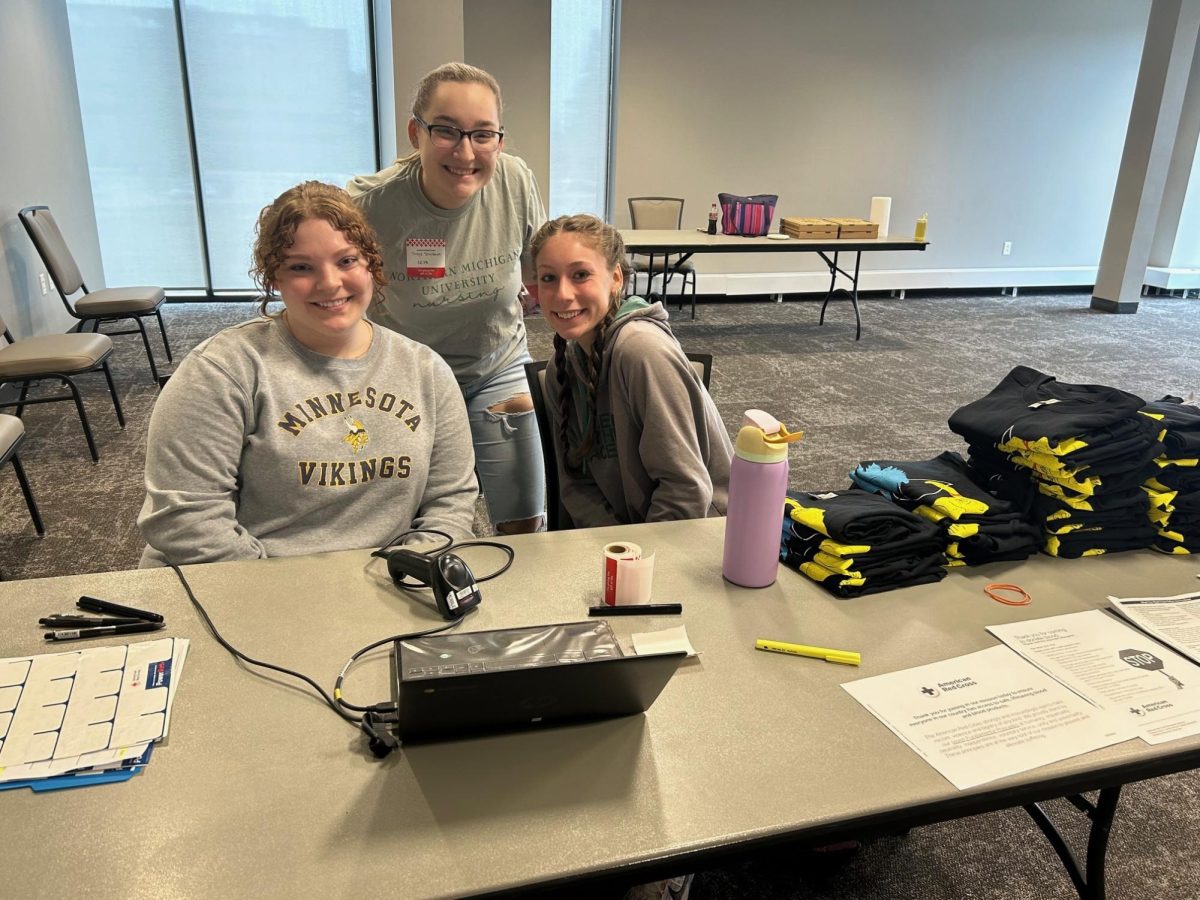NMU’s department of political science and public administration and the Office of the President are sponsoring a presentation by Gary Olson, the director of the Senate Fiscal Agency this week, in which he will discuss Michigan’s economy.
Olson runs a non-partisan agency that is responsible for creating an economic forecast each year for the Michigan Senate. He also staffs the Senate Appropriations Committee, and acts as its primary fiscal advisor. Olson will be presenting at from 10 to 11:30 a.m. in the Reynolds Recital Hall on Friday, March 19.
During Michigan’s recent recession, a lot of pressure has been put on the government to regulate spending and the budget, Olson said. Students can expect a clear explanation of the facts that isn’t weighed down by party politics.
“Ten years ago (Michigan) was a relatively wealthy state. We were riding high … since then we’ve lost over 800,000 jobs,” Olson said.
Much of Michigan’s economic trouble can be attributed to the country’s poor economic performance, but its economic recovery also depends on the revival of the auto industry, he said.
“We’ve lost 75 percent of the auto industry over the past ten years. (Michigan) has been hit especially hard by these losses compared to other states,” Olson said. “If the U.S. economy grows, if the automotive industry grows, Michigan’s economy grows.”
As the state government adjusts its spending, universities will also need to adjust to the changes in the economy, Olson said.
“Appropriation money from the state is a big part of every institutions budget,” said NMU President Les Wong. “I’m convinced the solution lies in higher education.”
President Wong said that he and the political science and public administration department have worked together to offer this presentation as a way for students to become more informed on the condition of the state’s economy.
“Because the economic situation is so severe, the campus needs to be exposed to outside experts so that the students can get a wider view of the situation,” said Wong.
States that do well economically generally have a large number of people with college degrees, Wong said. There are a lot of things the government can do to promote growth short term that don’t last, he said. Funding higher education would help the state long term.
“Our administrative costs are among the lowest of the 15 public universities. After eight consecutive years of cuts, our school still runs efficiently,” said Wong.
Students are greatly impacted by the current economic situation, and they need to stay informed, said Jason Morgan, president of the Associated Students of NMU (ASNMU). Attending Olson’s presentation should provide valuable information about the nature of Michigan’s economic trouble and how it is being fixed, he said.
“This is a good opportunity to hear directly from [the Senate Fiscal Agency]… I haven’t heard any good solutions yet from the legislature,” said Morgan.
Morgan said that there are many ways that students can make their voices heard about school funding and the most effective are by directly contacting ASNMU, or attending the Let’s Chat/Coffee Talk sessions.
“There are so many opportunities for students to make their voices heard. It’s hard to represent when people don’t say what’s important,” said Morgan.

























